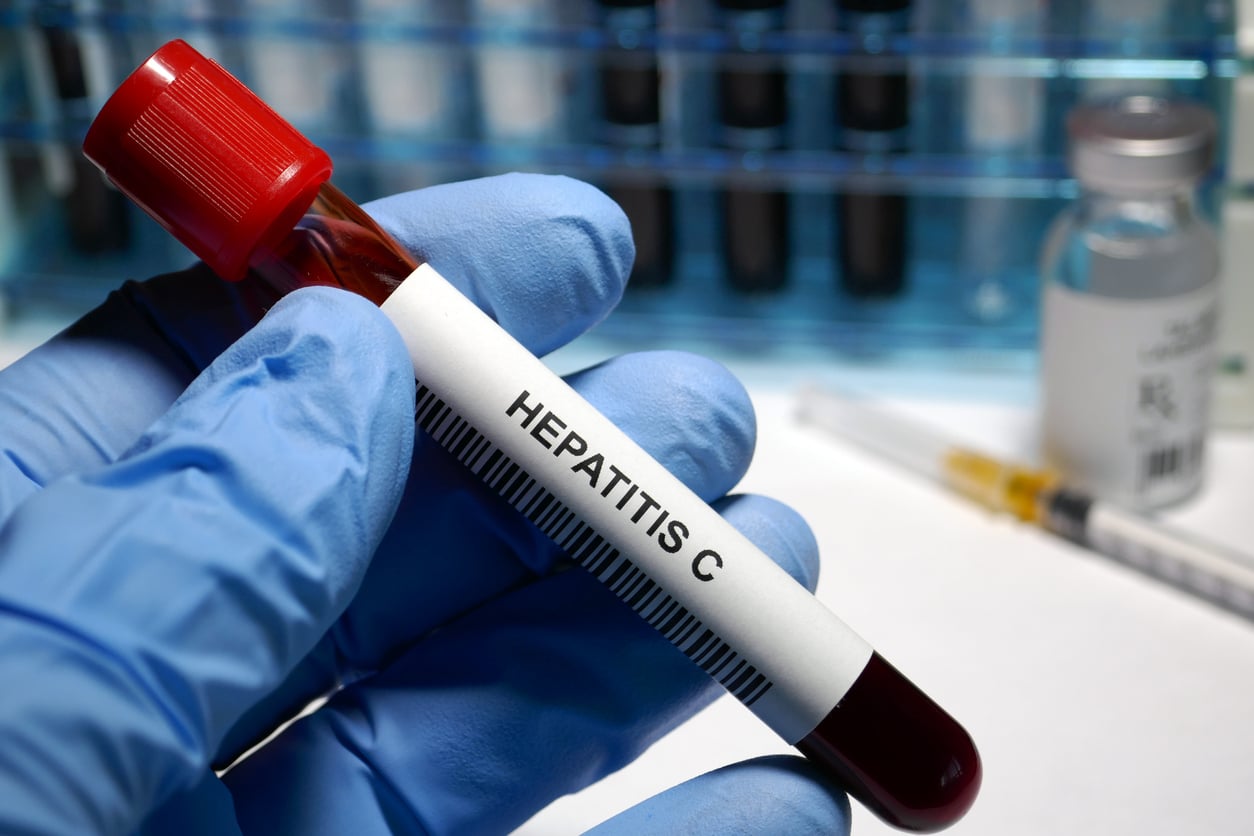The Forgotten Vitamin K: What You Need to Know

There's a vitamin that is often forgotten, but is essential to our health - Vitamin K. This little-known vitamin is responsible for many important bodily functions, including blood clotting and bone health. In this blog post, we will discuss all you need to know about Vitamin K.
Vitamin K
Vitamin K is a fat-soluble vitamin that is essential for blood clotting and bone health. The body needs vitamin K to produce clotting factors, which help to stop bleeding. Vitamin K also helps to prevent osteoporosis by helping the body absorb calcium. Foods rich in vitamin K include leafy green vegetables, broccoli, Brussels sprouts, and cabbage. Vitamin K is also available in supplement form. However, it is important to speak with a healthcare provider before taking any supplements, as too much vitamin K can be dangerous.
How Does the Body Process Vitamin K?
Vitamin K is a fat-soluble vitamin, meaning it is stored in the body's fatty tissues. When you consume food or supplements containing vitamin K, it is absorbed into the bloodstream and transported to the liver. The liver then stores some of the vitamin K for future use and sends the rest out into the bloodstream to be used by the body's cells. When a blood vessel is damaged, vitamin K is essential for proper blood clotting. It helps to activate certain proteins that are involved in clotting, without which excessive bleeding could occur. Vitamin K also plays an important role in bone health. It helps to ensure that calcium is properly absorbed and deposited in the bones, where it strengthens them and reduces the risk of fractures. Without adequate vitamin K, bones can become weak and brittle.
Vitamin K Deficiency
A lack of vitamin K can lead to a condition called vitamin K deficiency bleeding (VKDB). VKDB can cause heavy bleeding from minor cuts, nosebleeds, and bruising. There are three types of VKDB, each with different symptoms and treatment options. The most common type is early VKDB, which typically occurs in newborns. Early VKDB is often caused by a delay in the production of vitamin K by the liver. Newborns are usually given a vitamin K injection at birth to prevent this condition. The second type of VKDB is moderate VKDB, which typically occurs in children between the ages of 6 months and 4 years. Moderate VKDB is often caused by a diet poor in vitamin K or by certain medical conditions that affect absorption. Treatment usually involves taking vitamin K supplements. The third type of VKDB is rare but can be very serious. It typically occurs in adults who have a genetic disorder or are taking medication that interferes with vitamin K absorption. Treatment usually involves giving the person large doses of vitamin K intravenously. Anyone who has any symptoms of VKDB should see a doctor as soon as possible.
Vitamin K Benefits
Vitamin K is found in leafy green vegetables, broccoli, Brussels sprouts, cabbage, kale, and other green plants. It also plays a role in calcium absorption and metabolism. A lack of vitamin K can lead to osteoporosis, osteopenia and fractures. Vitamin K has also been shown to have a protective effect against cancer. Population studies have shown that people who eat a diet rich in vitamin K are at a lower risk for developing cancer. The exact mechanism by which vitamin K protects against cancer is not fully understood, but it is thought to work by modulating cell proliferation and apoptosis.
Vitamin K may also play a role in inflammation and immunity. Some studies have shown that vitamin K can help reduce inflammation and improve immune function. However, more research is needed to confirm these effects. vitamin K has many benefits for health, making it an important nutrient to include in the diet.



